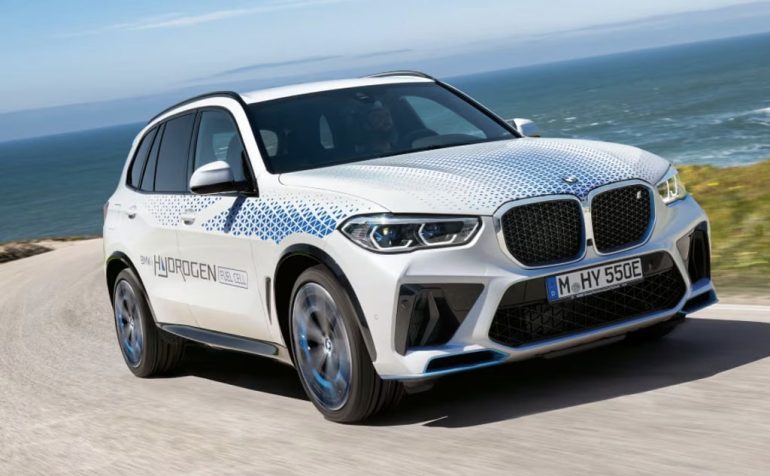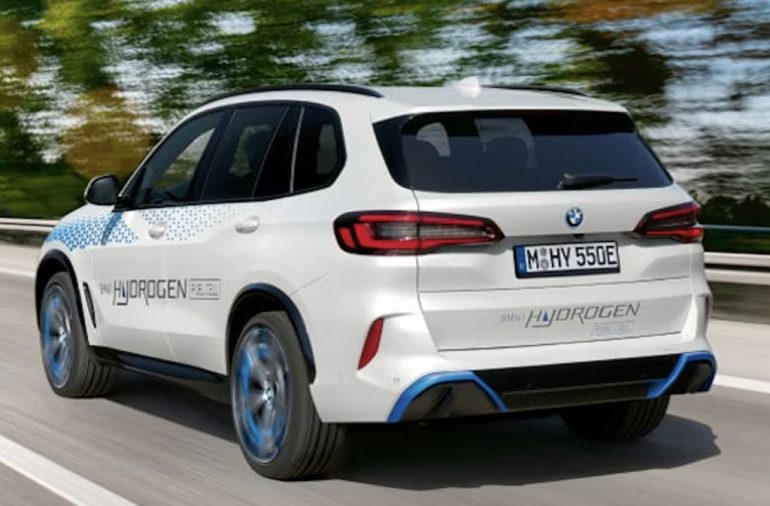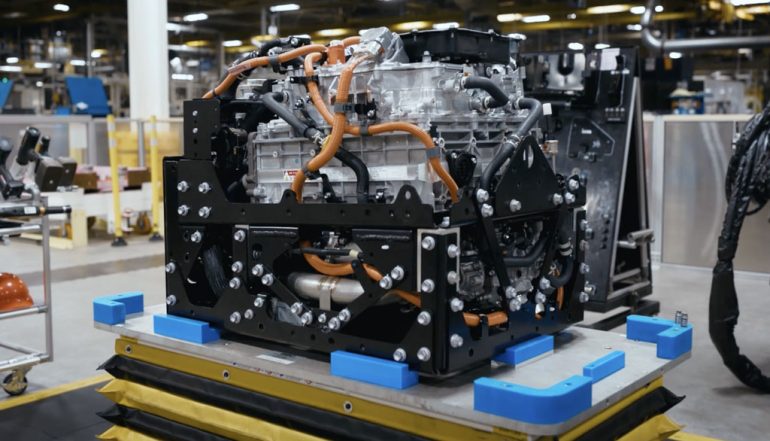May Hydrogen Gas Be the Comeback Child of Clear Mobility? Why BMW and Toyota Are Betting on It Once more : Automotive Addicts

In a market that appears dominated by electrical autos, it’s straightforward to neglect there’s one other zero-emissions know-how that when had its second within the highlight — hydrogen fuel-cell energy. As battery-electric autos (BEVs) grapple with infrastructure limitations, shopper skepticism, and slowing gross sales progress, a handful of automakers are quietly reigniting their funding in hydrogen. One of many boldest voices in that area proper now’s BMW.
The German automaker not too long ago acknowledged that “the timing is correct” for hydrogen, and it’s not alone. Toyota, Hyundai, and Honda proceed to pursue hydrogen-powered vehicles, whereas world investments in hydrogen infrastructure steadily ramp up. However after a long time of false begins, is hydrogen actually prepared for a second likelihood within the highlight — or is it nonetheless a science honest challenge masquerading as the longer term?
BMW’s Hydrogen Revival — A Calculated Transfer or a Shot within the Darkish?
BMW isn’t abandoning electrical autos — removed from it. The corporate has an bold lineup of EVs, together with future Neue Klasse fashions that promise over 600 miles of vary. However BMW sees potential in diversifying its clear power bets. In 2024, the automaker unveiled the iX5 Hydrogen prototype, powered by a Toyota-sourced fuel-cell system, and it now plans to launch a manufacturing hydrogen SUV by 2028, probably based mostly on the next-generation X5.
Dr. Jürgen Guldner, BMW’s Basic Program Supervisor for Hydrogen Know-how, advised Driving Hydrogen that the model is assured the market is warming as much as the know-how. “We imagine the timing is correct,” he mentioned, citing improved infrastructure in Europe, Japan, and Korea, in addition to the distinctive benefits hydrogen affords — like speedy refueling and 0 tailpipe emissions.

Hydrogen autos supply the quiet, instant-torque expertise of electrical vehicles, however with out the lengthy recharge occasions that frustrate many EV house owners. A full hydrogen refill can take simply 3 to five minutes, just like refueling a gasoline automobile. For BMW, it’s about delivering “the very best of each worlds.”
Toyota Is Nonetheless All-In on Hydrogen — Particularly in Japan
Whereas BMW could also be comparatively new to hydrogen manufacturing autos, Toyota is already a veteran. The Japanese automaker launched the first-generation Mirai in 2014 and adopted it with a second-gen mannequin in 2020. Whereas gross sales have been modest, Toyota stays bullish. The corporate can also be investing closely in industrial and industrial hydrogen tech, creating all the pieces from buses to hydrogen combustion engines for motorsports.
In 2023, Toyota introduced a hydrogen-powered model of the Hilux pickup, developed in collaboration with the UK authorities. The corporate additionally has ongoing partnerships with Chinese language automakers like FAW and GAC to localize hydrogen tech for Asian markets.

Toyota’s long-term imaginative and prescient features a hydrogen society the place FCEVs (gasoline cell electrical autos) complement BEVs in a blended mobility future. In accordance with their newest sustainability report, the corporate expects fuel-cell techniques to play a key function in sectors the place battery-electric tech has limitations, particularly in high-load and long-distance purposes.
The EV Market Is Nonetheless Rising — However It’s Evolving
Regardless of media studies about EV slowdowns, the worldwide electrical automobile market remains to be increasing. In accordance with the Worldwide Vitality Company (IEA), EV gross sales surpassed 14 million items globally in 2023, and are on monitor to exceed 17 million in 2025. Within the U.S., BEVs reached almost 8% of all new automobile gross sales in 2024, a bounce from simply 2% in 2020.
Nevertheless, progress isn’t linear — it’s regional and more and more depending on infrastructure and incentives. In markets like Germany and the U.S., the place charging infrastructure nonetheless lags behind adoption charges, shoppers are beginning to push again. A McKinsey & Firm examine from early 2024 discovered that 38% of potential EV consumers in North America expressed considerations about charging comfort and vary nervousness.
That’s the place hydrogen quietly reenters the chat.
International Hydrogen Investments Are Heating Up
The marketplace for hydrogen gasoline is not theoretical. Europe’s hydrogen sector was valued at $77.8 billion in 2024 and is anticipated to develop to almost $150 billion by 2033, in response to Allied Market Analysis. The European Union’s Hydrogen Technique goals to construct 40 gigawatts of renewable hydrogen electrolyzer capability by 2030, with Germany, France, and Spain main the cost.
Elsewhere, Australia launched its first public hydrogen refueling station, whereas Brazil introduced a $30 million funding in a inexperienced hydrogen plant. Within the U.S., California stays the focus for hydrogen fuel-cell adoption, with 55 public refueling stations and counting — although enlargement has been sluggish.
Honda, which paused its hydrogen push in North America lately, not too long ago returned to the scene with a hydrogen-powered CR-V prototype. In accordance with Honda’s Chris Martin, the aim is to assist construct the hydrogen economic system now so it may help widespread private automobile use later.

So, Can Hydrogen Energy Actually Make a Comeback?
Hydrogen autos face steep challenges. The fueling infrastructure is proscribed, the manufacturing and transport of hydrogen stay energy-intensive, and public consciousness is low. Moreover, the autos themselves are costly to construct, partly due to platinum-heavy fuel-cell stacks and an absence of economies of scale.
Nonetheless, hydrogen’s excessive power density and fast refueling make it an interesting possibility for particular use instances — particularly heavy-duty transport, long-distance driving, and areas the place quick charging stays impractical. Automakers like BMW and Toyota aren’t betting on hydrogen to switch BEVs. Slightly, they see it as a complementary resolution that fills gaps battery energy can’t.
Within the phrases of BMW CEO Oliver Zipse: “One-sided rules that restrict provide lead down a dead-end avenue.” That philosophy underpins BMW’s technique to hold creating gasoline, electrical, and hydrogen powertrains concurrently.
The Highway Forward
Whereas it could be too early to declare a hydrogen renaissance, the momentum is actual. With continued funding, rising world infrastructure, and some high-profile automakers main the cost, hydrogen may play a significant function within the clear mobility panorama — maybe not for everybody, however actually for greater than just some area of interest consumers.
Whether or not or not it occurs in our lifetime will depend on regulation, innovation, and shopper notion. However one factor is obvious: hydrogen isn’t useless. It would simply be ready for its second.
FOLLOW US TODAY:






